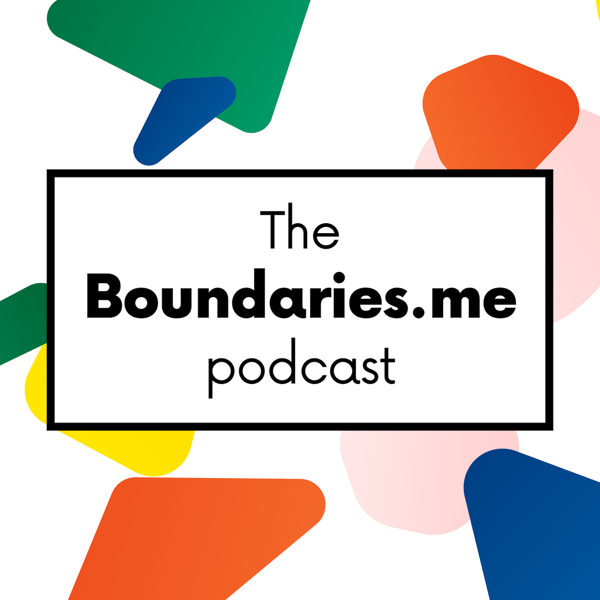Episode 418 - The Dr. Cloud Show - Compassionate Candor: Speaking Truth Without Hurting Relationships
The Boundaries.me Podcast
Greg Bowler
4.7 • 815 Ratings
🗓️ 11 March 2025
⏱️ 32 minutes
🧾️ Download transcript
Summary
In this episode of The Dr. Cloud Show, psychologist Henry Cloud explores the delicate balance of addressing relationship problems while preserving emotional connection. He examines how to separate behaviors from personal worth, and ways to provide feedback without damaging self-esteem or injecting contempt into important relationships. Dr. Cloud walks through practical applications with callers facing common challenges: a wife seeking family stability while her husband changes jobs frequently, an individual rebuilding career direction after marital separation, and adult children concerned about a parent's pattern of physical altercations. Each situation illustrates effective boundary-setting, conflict resolution, and communication techniques that maintain respect while confronting difficult truths. Dr. Cloud emphasizes that healthy relationships require both honesty and compassion—showing how marriage counseling, family therapy principles, and workplace communication strategies all benefit from addressing problems through a lens of acceptance rather than rejection. His approach offers practical tools for parents, couples, and professionals to evaluate behaviors constructively while affirming the inherent value of the people involved.
Transcript
Click on a timestamp to play from that location
| 0:00.0 | Are you done tolerating unfairness in your relationships? |
| 0:04.1 | Dr. Henry Cloud reveals key insights to protect your emotional health from toxic behaviors. |
| 0:09.4 | Grab your free ebook at www.boundaries.me slash free and discover what makes a person unsafe, |
| 0:17.8 | strategies for handling gaslighting, had a deal with narcissistic personalities, |
| 0:22.6 | setting firm boundaries by saying no, responding effectively to victim mentalities. |
| 0:28.1 | Don't wait. Download it now at www.boundaries.me. |
| 0:32.9 | I slash free. |
| 0:44.1 | Welcome to the show. |
| 0:45.0 | This is the Dr. Cloud Show, where you get to join me and talk about life and talk about stuff. |
| 0:50.6 | We talk a little bit about some idea in the beginning of the program that you can think about. |
| 0:55.0 | What I try to do in these is give you stuff that can be helpful in someone. |
| 1:00.0 | The one that I'm about to give you can be helpful. |
| 1:03.0 | I promise you that. |
| 1:06.0 | In psychology, you talk about something having an emotional valence, |
| 1:09.0 | but it's the tone with which |
| 1:13.1 | positive or negative, generally that we see an object or a goal or a person or whatever. |
| 1:19.8 | If we have a positive valence towards that, things operate in one direction. |
| 1:25.3 | If we have a negative valence towards something, then we tend to |
| 1:30.5 | fight it or move away from it or whatever. Well, when we notice something, okay, about someone or about |
| 1:40.7 | an issue or about somebody's behavior or this and the other, that's our value to |
| 1:45.4 | function working, okay? If somebody, if I or you or yourself or you're looking at somebody else |
| 1:53.0 | and we do something that's not good, make a mistake or screw up in some way way that's an evaluation of that in other words |
... |
Please login to see the full transcript.
Disclaimer: The podcast and artwork embedded on this page are from Greg Bowler, and are the property of its owner and not affiliated with or endorsed by Tapesearch.
Generated transcripts are the property of Greg Bowler and are distributed freely under the Fair Use doctrine. Transcripts generated by Tapesearch are not guaranteed to be accurate.
Copyright © Tapesearch 2025.

